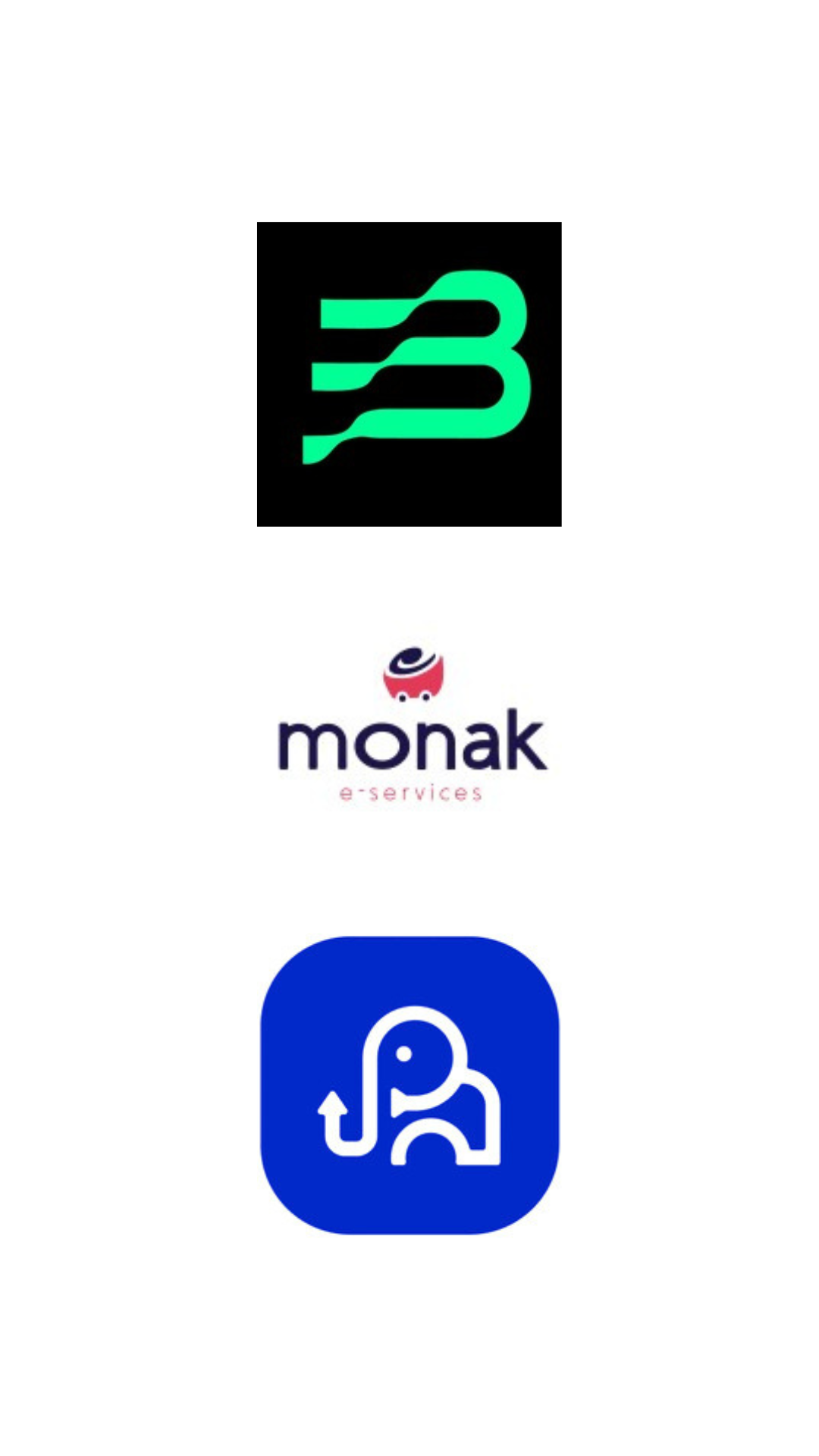The role of angels may change depending on the startup phase, however, the support of angel investors in the preparation of the Seed and Series A rounds optimize the financing cycle.
Initially, it depends on the relationship between angel investors and founders, as well as the profile of the founders. Some entrepreneurs are more experienced than others. This is why angels should always understand their role in the process. Angel support isn't an obligation or obligatory. But, if the Angel investor is very supportive in the first steps of the start-up, founders tend to listen to their guidance throughout the whole process.
The primary forms of support from the angel are introductions, document review, deal structure, valuation and terms, preparing for questions, and participating in negotiations or follow-up meetings.
But not all angels are ready or ready for all this support. We suggest 3 tips to increase the startup efficiency in the fundraising journey.
- Dealing with Early Stage Investors
An essential goal of an entrepreneur is to build a fantastic network of investors and experts in the industry. All founders should start to think of meaningful connections from day one. The primary way to connect with investors is through cold e-mail, online platforms, associations, incubators, accelerators, events, and Linkedin. All these actions can be taken by the entrepreneur, and the outcome will be the result of the founders' capabilities. But introductions made by the angel investor and promotion of the startups have a higher impact on business opportunities in the present and future.
The angel investor plays an essential role in defining the right investor profile for the subsequent financing round. Angels may have greater sensitivity to profile the next investor. Entrepreneurs often take too long due to errors in the strategic definition of funding. In addition, the presence of the angel investor will elevate the founder’s commitment to fundraising.
- Elevator Pitch
The elevator pitch is a powerful tool for founders but also for angels. The angels need to know the elevator pitch from their startups. Fundraising is storytelling, and angel investors are part of this story. Sometimes, the angels have opportunities or good moments for connections. Being assertive and sending the main points of the startups is essential. Alejandro Cremades, the author of “the art of fundraising”, created a good template for an elevator Pitch:
“My name is [NAME], founder of [COMPANY]. We offer [PRODUCT/SERVICE] for [TARGET MARKET] to [VALUE PROPOSITION].
Unlike [THE COMPETITION], we [KEY DIFFERENTIATOR]. And we recently [RECENT MILESTONE].
[CALL to ACTION]”
You can share this template with founders and adapt it to present the startup in the best way possible.
- Preparing Data Room
Preparing the data room is extremely important and something angel investors should be aware of the type of work entrepreneurs of their start-ups they are investing are spending time doing. Luckily, there are many software programs dedicated to it that make the lives of founders easier.
Google Drive is one of the most used tools when it comes to preparing the Data Room. We could even say, Google Drive is the basic tool, and a must have .
It is the case of Dropbox DocuSend, which provides a secure way of sharing documents and having them all organized in the same space. This way you can be well prepared for your round meetings.
Another software with a data room is Foundersuite which provides an easy way to share documents and organize documents for your round sessions as well as having control of who can view the documents, and who can download them.
The first step is to decide "where" the Data Room will be. The second step is to define the documents, in other words, the "what". Here the documents and the quality of the information will depend on the startup stage. Therefore, the startups can present mandatory or advanced or complete documentation.
As an angel you should keep in mind that these documents and information should always be in the startups data room:
- Pitch deck
- Executive summary / one pager
- P&L statements
The following are important documents and angels should know that they are dealing with more experienced start-up/entrepreneurs:
- 18-months plan
- Deal structure / term-sheet
- A capitalization table (pre and post-money)
- Investment agreement/shareholders agreement
- Metrics statements
If the start-up has the following you are a lucky angel dealing with pros in the industry:
- Competitive analysis
- Business plan
- Marketing plan
- Brand guidelines and vision
- Sales process & pipeline
- Metrics forecast
- Team strengths and hiring plan
- Funding history
- Intellectual property (current & strategy)
- Market studies
- Bylaws
- Governance
Ben Horowitz once said: "Life is struggle. I believe that within that quote lies the most important lesson in entrepreneurship: Embrace the struggle." There is no shortcut to angel investment success, and, most likely mistakes will be made along the way but you will learn by doing. These tips will help you, as well as good communication with your fellow angel investors and funders.










